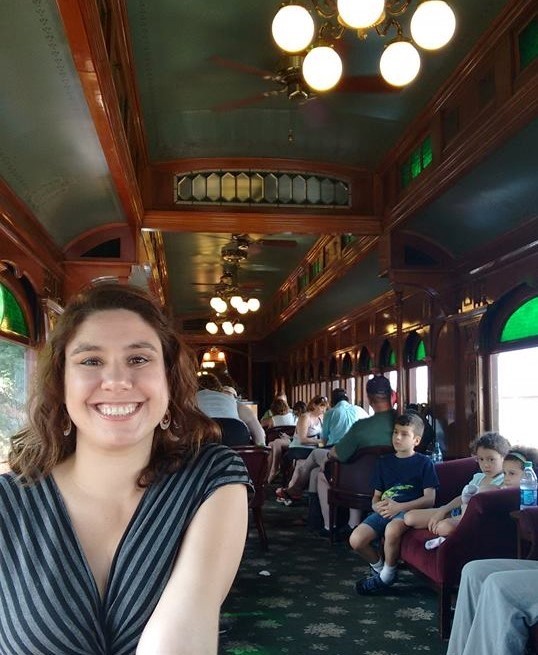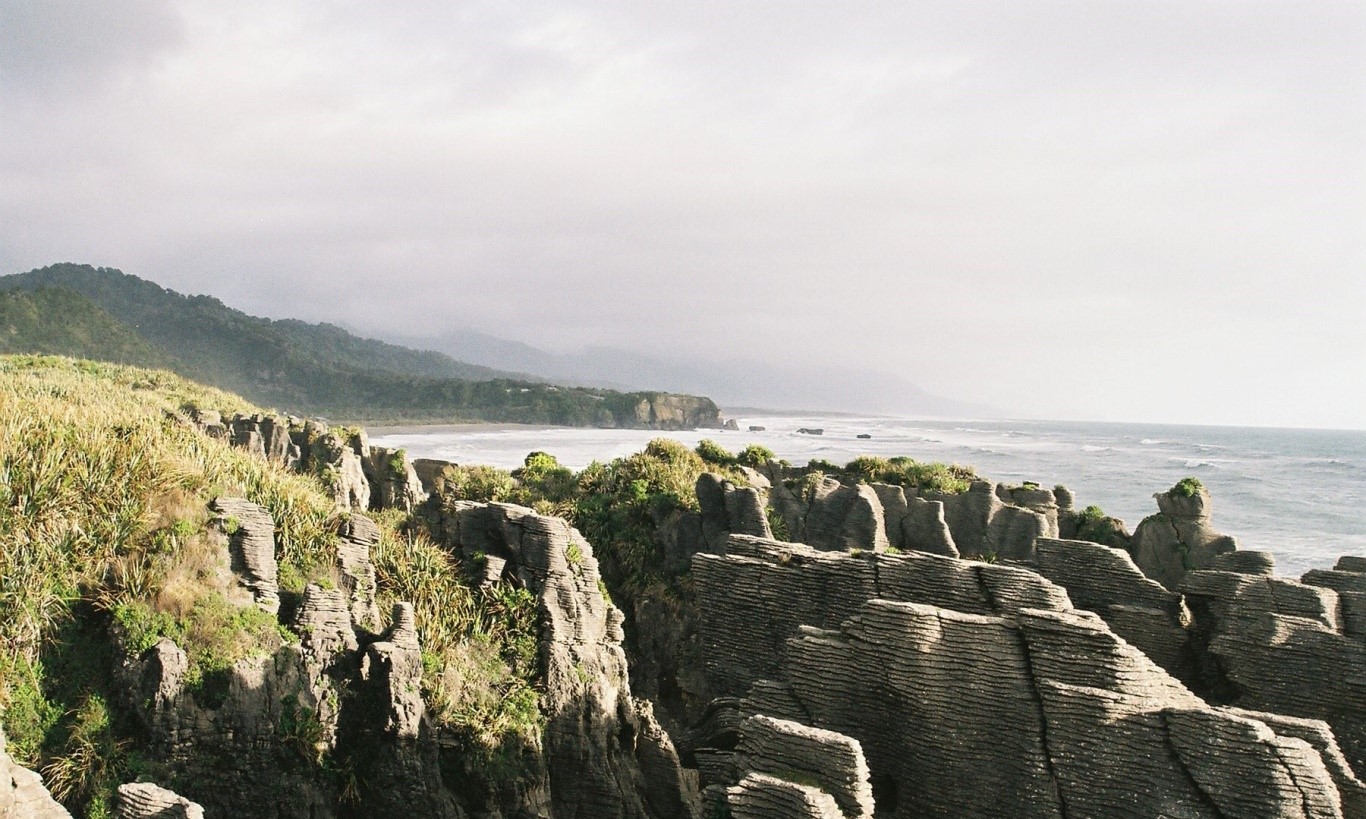
What do you enjoy most about teaching?
The number one thing? Conversation. To me, there are few things in life more fun than discussing a good story. Maybe that’s because I grew up in a family of very, very talkative bookworms! I still talk to my sister and brother about books all the time, and—like a lot of people who teach—both of my parents worked in education. But when it comes to teaching at the college level, what’s most exciting to me is that students have incredible ideas of their own to shar—my duty as a teacher isn’t just to hand out knowledge, but to do my best to foster deep, interesting, enjoyable discussions.
What excites you about your scholarship?
Well, like I said, growing up I was always the kid with her nose in a book. At some point along the way I started reading classics, and I fell in love with the 19th century—Charlotte Bronte, Charles Dickens, Arthur Conan Doyle, etc. In my scholarship, I’m motivated to understand what values, conventions, and shared experiences formed the perspective of writers like these. Different as their world was, so much of what they were dealing with applies to our own time. Reformers faced many of the same concerns—overcoming obstacles for women, bridging economic gaps, promoting social progress without losing a sense of shared identity—yet we rarely look back to this period for inspiration, or pitfalls to avoid. Instead we often see it as a simpler time, a time of black-and-white morality, which just isn’t correct. So my scholarship is mostly about making those connections and complexities visible.
Where are your favorite places to travel? Why?
I’ve spent time in England and Ireland, which was wonderful—getting to see the locations of some of my favorite books, soaking in gorgeous landscapes, and drinking as much tea as possible! But probably the most incredible trip I’ve taken was to New Zealand. A good friend lives there, so I was able to spend several weeks and tour both the North and South Islands. It’s a breathtaking place. Driving around you might find yourself among green sheep pastures that look like County Kerry, and an hour later be in a desert with snow-capped mountains. And of course, they have Hobbit holes there…

As for my next trip—nothing planned, but I’d love the chance to see where my ancestors come from in Lebanon someday. That said, I grew up on the Massachusetts coast and my family is still there, so for the immediate future I’ll probably be traveling most to that area.
Do you have a favorite book or author?
Is that really a fair question to ask a literature professor? I couldn’t possibly pick one. I’ve mentioned some favorite Victorian writers already. I love Jane Eyre, I love David Copperfield. I’m a huge Jane Austen fan. Modern fiction rarely has the same magic for me, with a few exceptions, like A.S. Byatt’s incredible novel Possession. But when it comes to the 20th and 21st centuries, what I read most is children’s literature! If you stop by my office, it will quickly become evident that I love Rowling, Lewis, and Tolkien. I do scholarship on children’s fiction alongside my other research, because I’m in love with how vivid and fresh the field is. The people who write and study children’s literature have so much forward momentum—their passion for justice and improving the world constantly encourages me.
What appealed to you about Hope when you first considered working here?
A lot of things, but what comes to mind first is the value Hope places on uniting faith and intellectualism. As a life-long practicing Catholic, I love the idea of bringing the pursuit of spiritual truths together with rigorous critical thought to serve the goal of creating a more just and compassionate world. Teaching in an environment like this opens up cool possibilities…. For instance, my classes can dig deep into the motivations of Victorian writers whose social messages were profoundly informed by Christianity. And since Hope values understanding between diverse faith traditions, I’m excited about the wide variety of perspectives my students will bring to these conversations.

